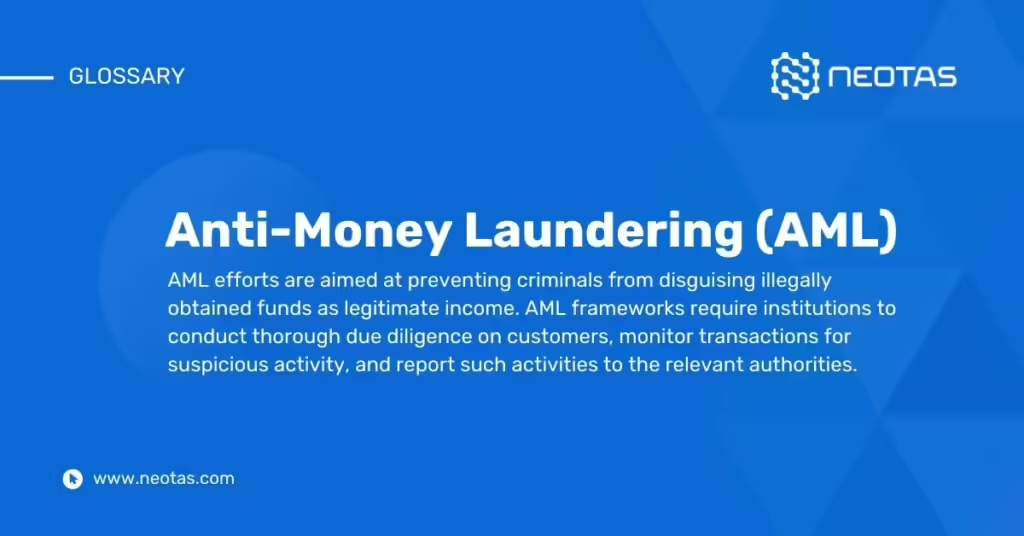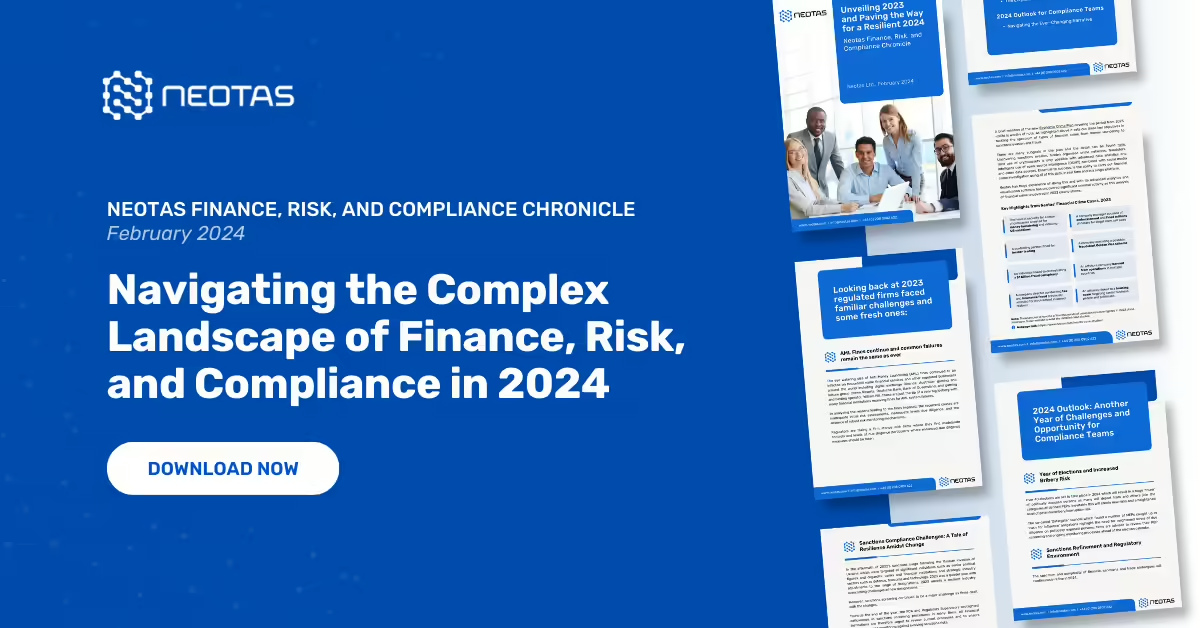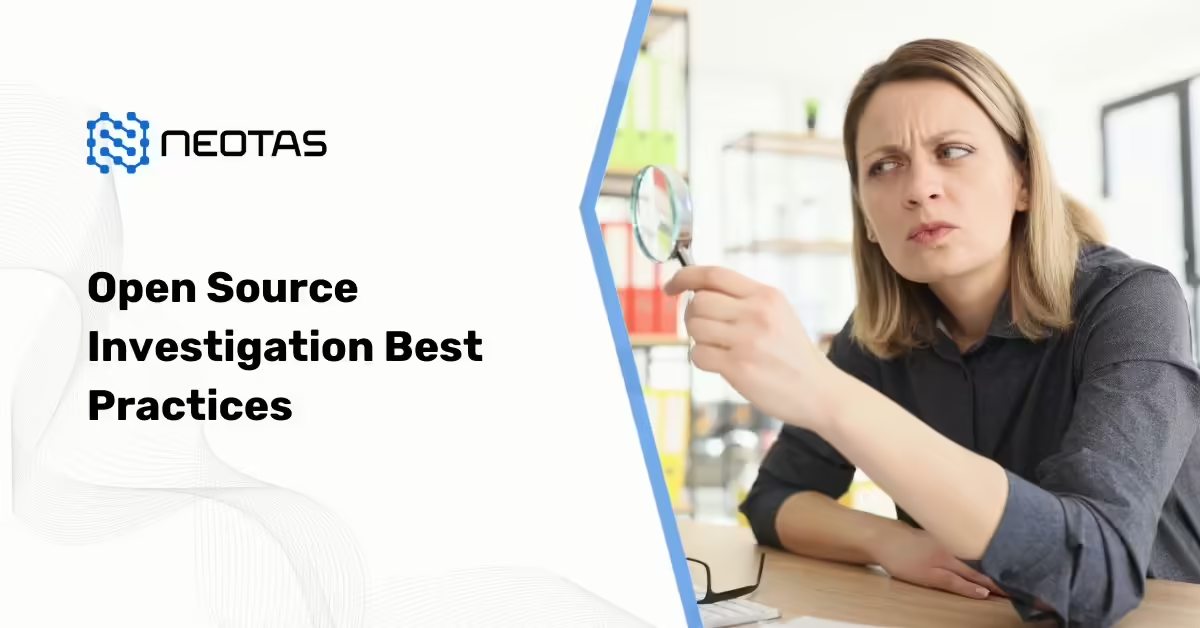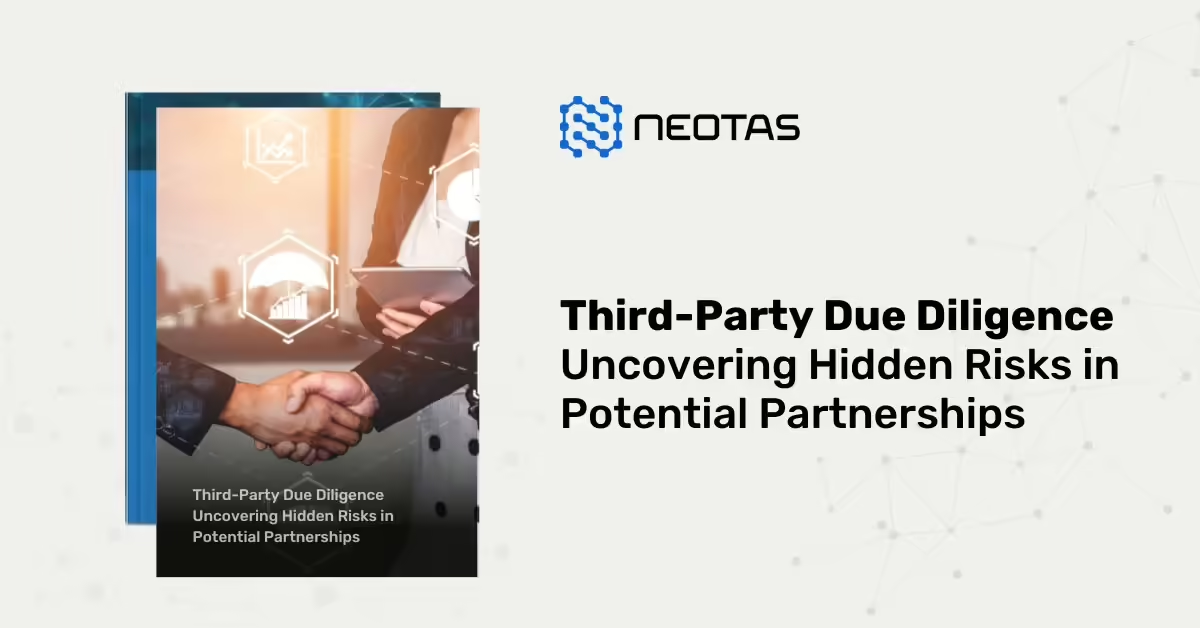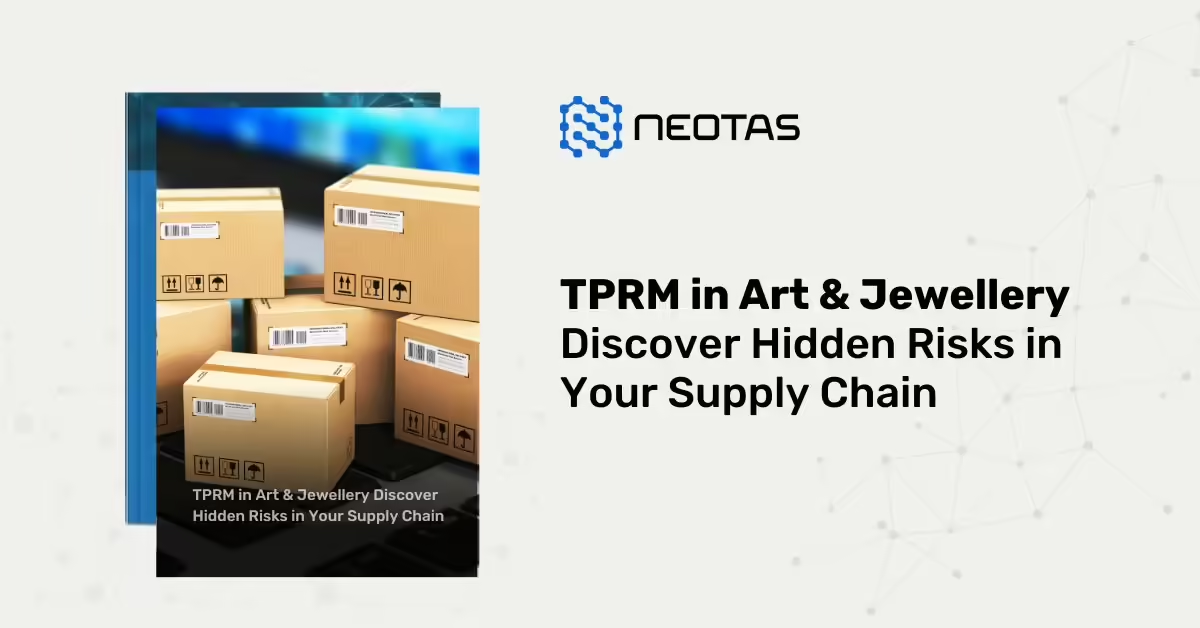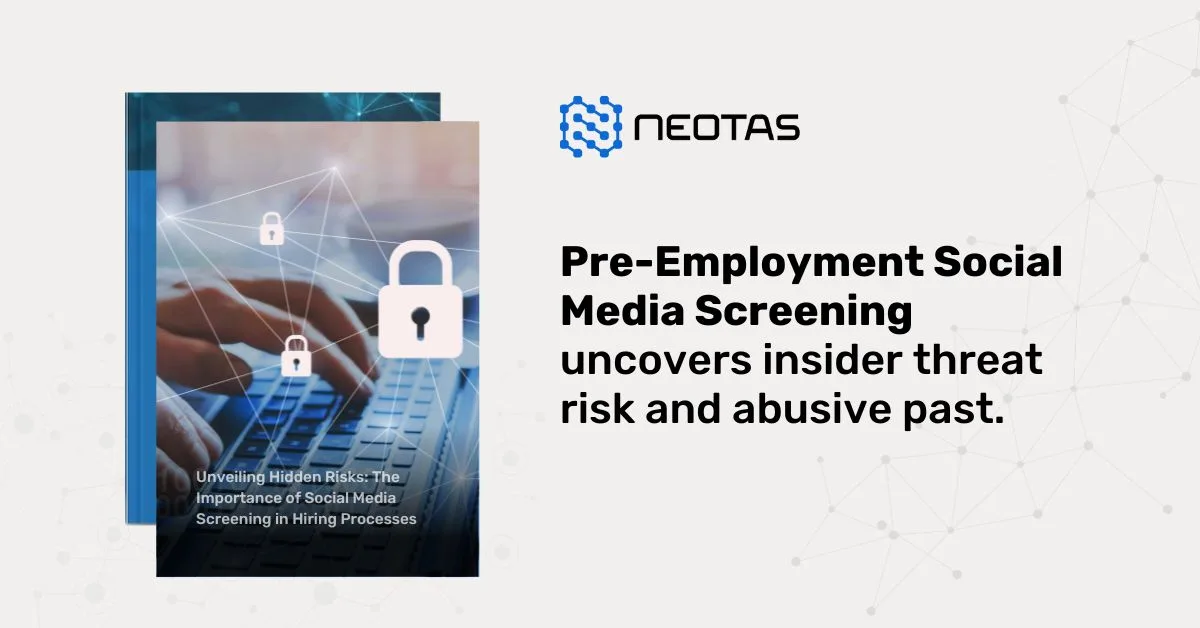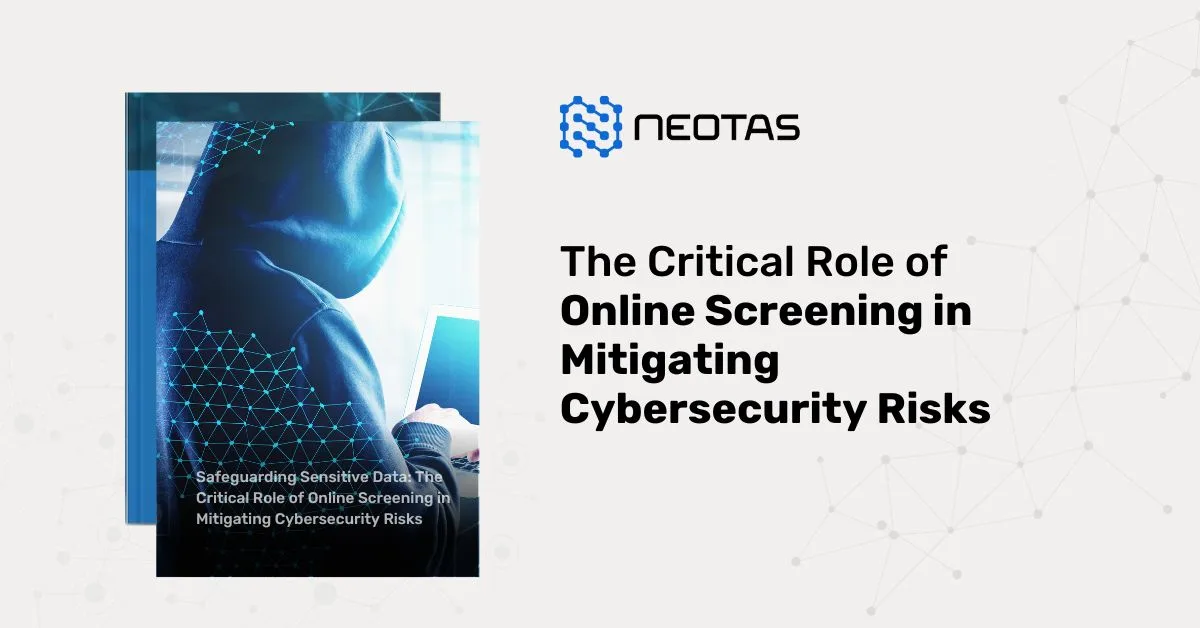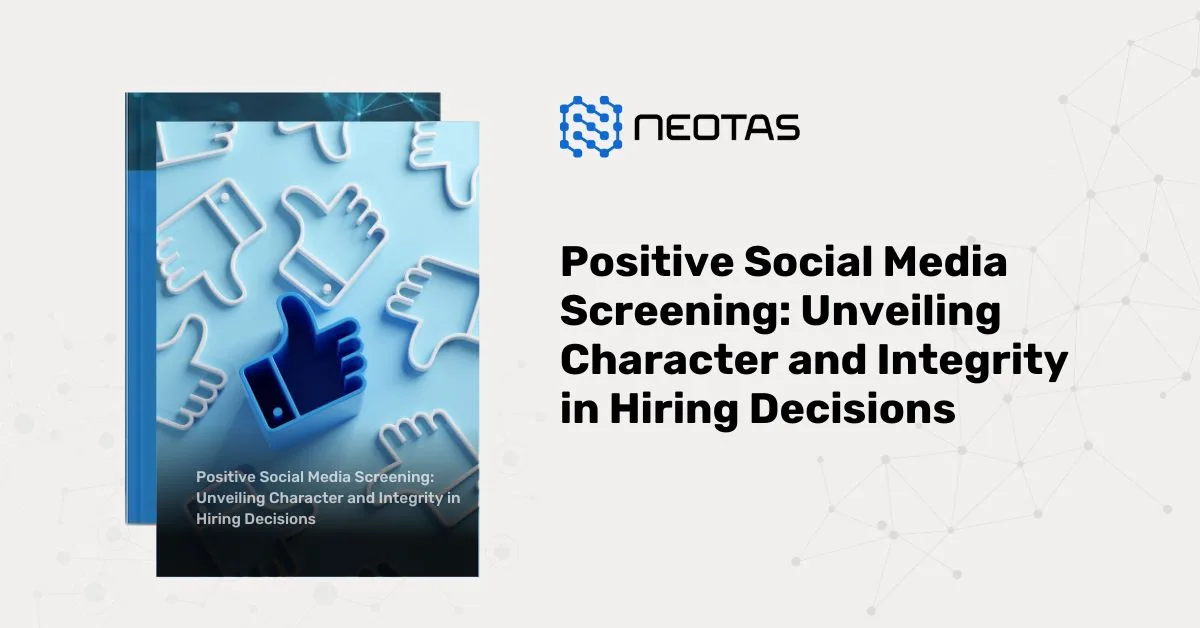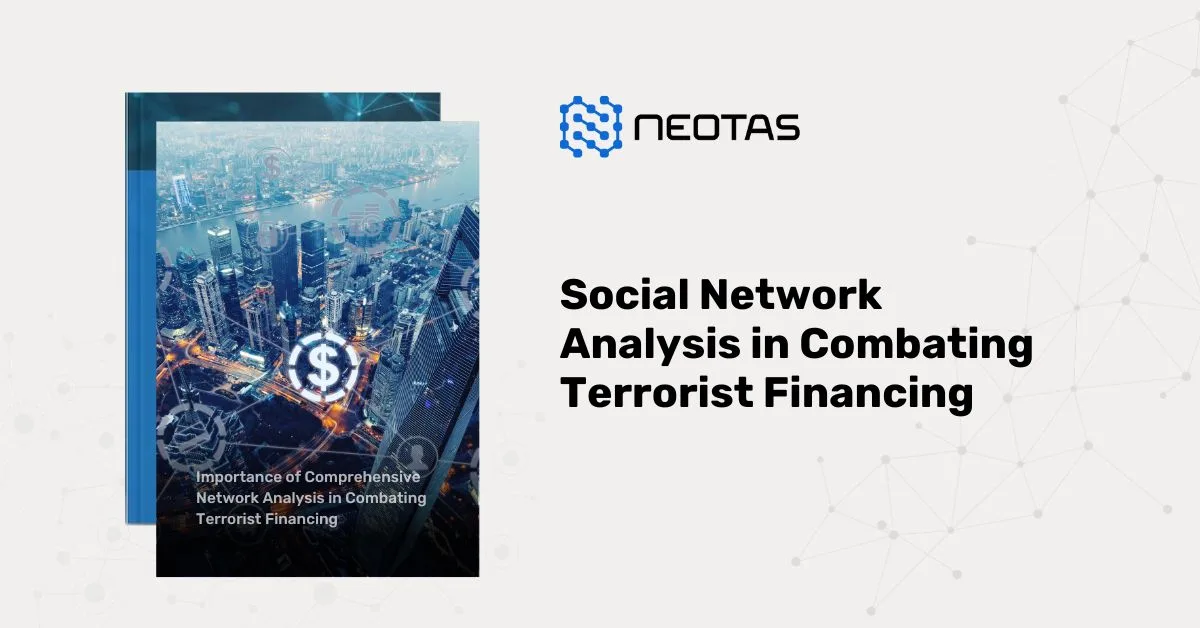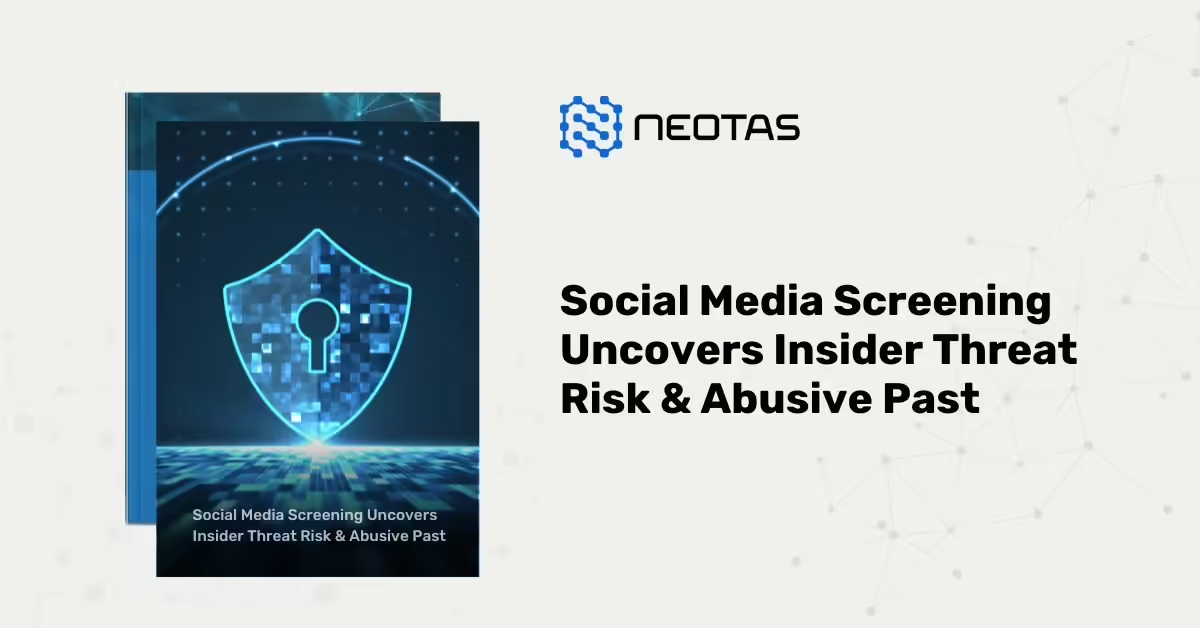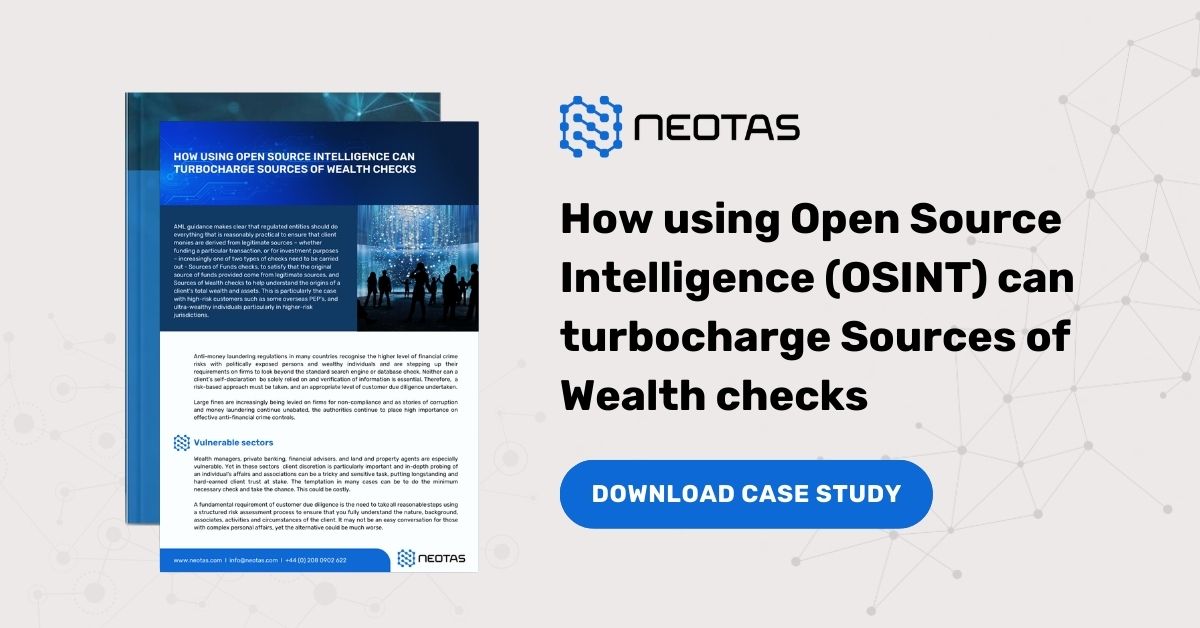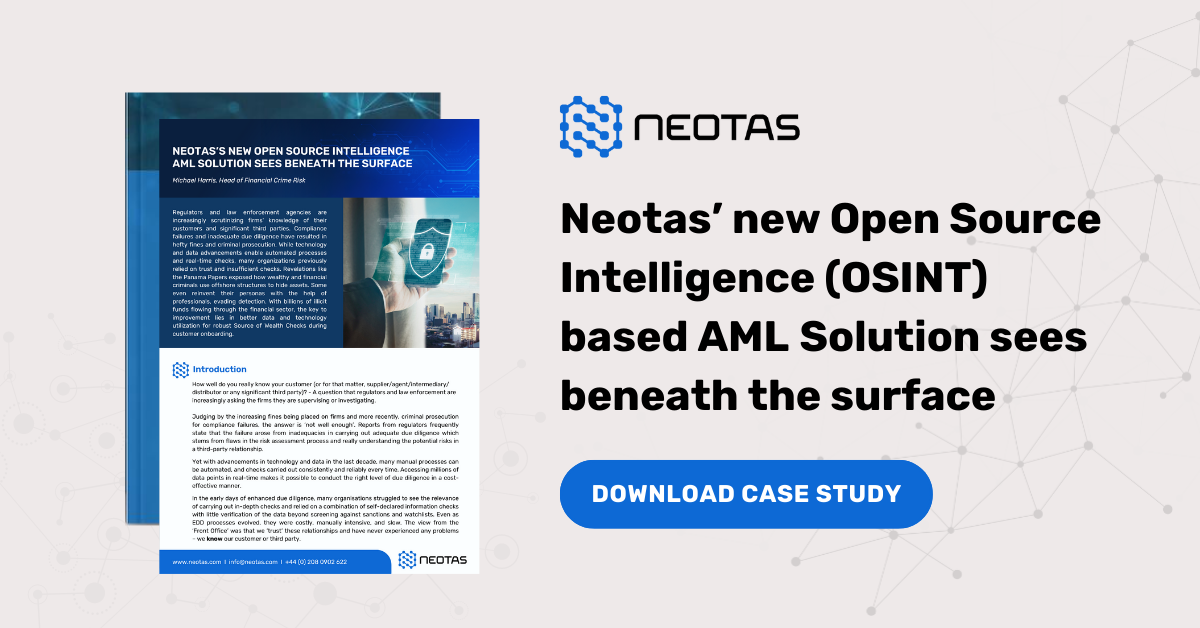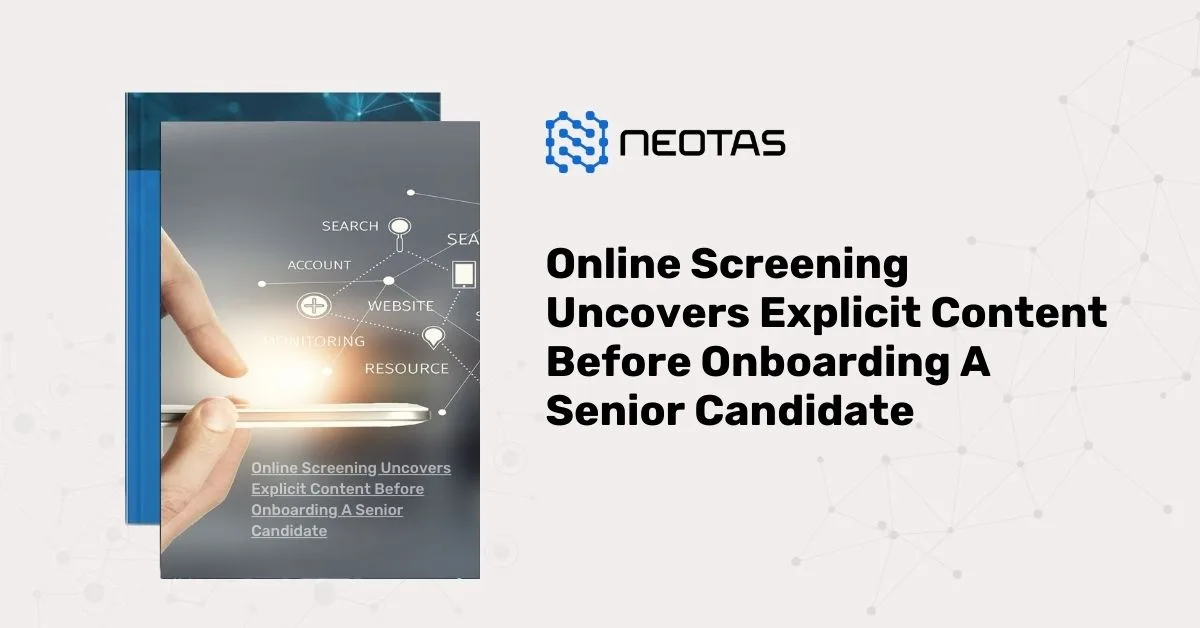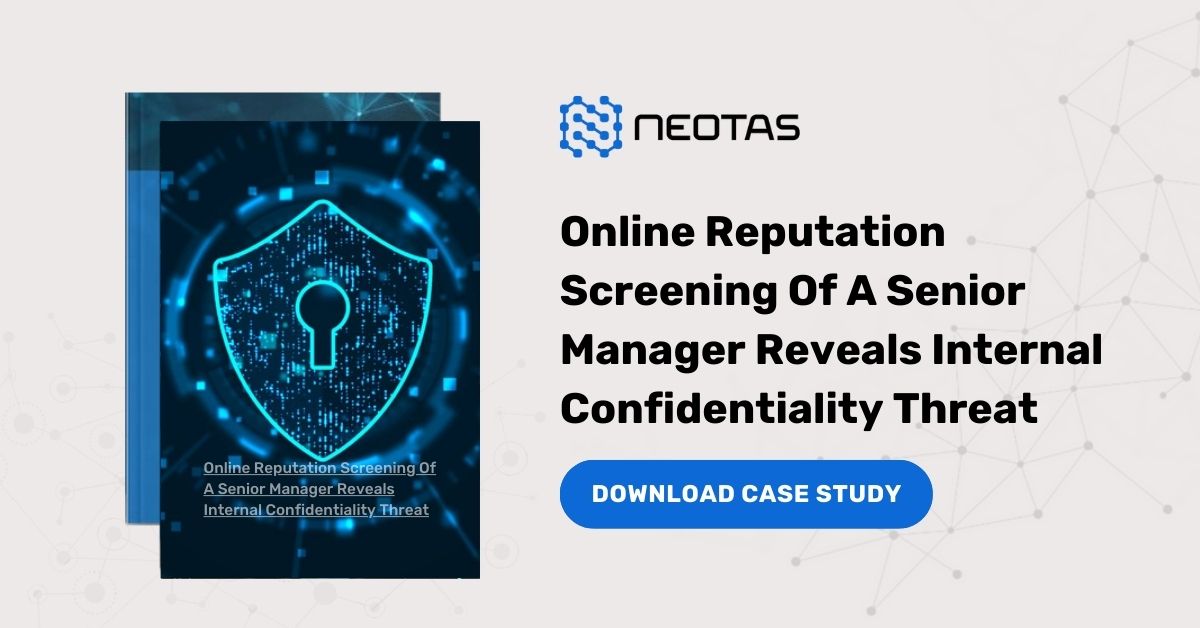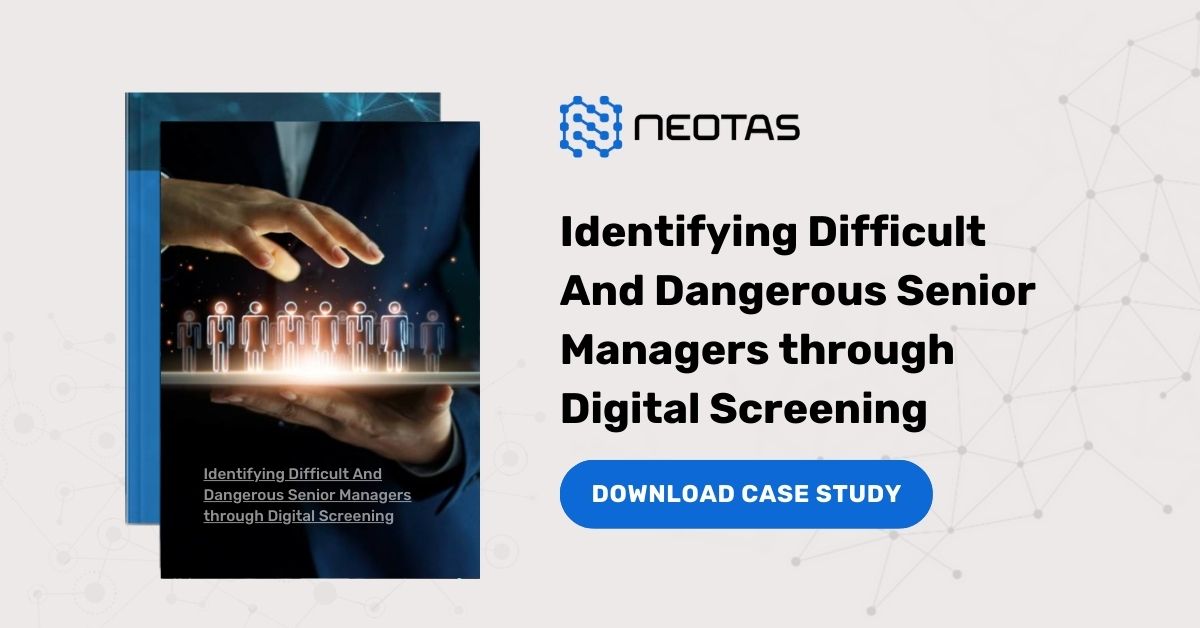Anti-Money Laundering (AML) regulations
Explore key AML regulations, their importance in financial compliance, and how they protect against money laundering activities.
Anti-Money Laundering (AML) regulations are a crucial part of the framework that aims to prevent illicit financial activities, specifically the process of money laundering. Money laundering involves disguising illegally obtained money as legitimate funds, which can have devastating impacts on economies and societies. To combat these activities, various regulatory bodies and jurisdictions have established comprehensive AML laws that govern how financial institutions must operate.
Legal Framework and Key Legislation
In the UK, the primary legislation governing AML activities is the Proceeds of Crime Act 2002 (POCA), supplemented by the Terrorism Act 2000 and the Money Laundering Regulations 2017. These laws set out the requirements for businesses, particularly those in the financial sector, to implement measures that prevent money laundering.
- POCA: Establishes the framework for criminal offences relating to the handling of proceeds of crime.
- Terrorism Act 2000: Addresses the financing of terrorism, establishing offences related to the provision of funds for terrorist activities.
- Money Laundering Regulations 2017: Implements EU directives and outlines specific obligations for businesses, including customer due diligence (CDD), enhanced due diligence (EDD), and record-keeping.
Key Components of AML Regulations
AML regulations encompass various components that financial institutions must adhere to in order to mitigate the risks of money laundering:
- Customer Due Diligence (CDD): This process involves verifying the identity of customers and assessing the risk they pose. Institutions must collect and verify customer information, such as identification documents and address details.
- Enhanced Due Diligence (EDD): For high-risk customers or transactions, institutions are required to conduct EDD, which involves a more thorough investigation of the customer’s background and sources of funds.
- Ongoing Monitoring: Financial institutions must continuously monitor transactions to identify any suspicious activity. This involves analysing patterns and flagging transactions that deviate from expected behaviour.
- Reporting Obligations: Institutions are legally required to report any suspicious activities to the National Crime Agency (NCA) through a Suspicious Activity Report (SAR). Failure to report can result in severe penalties.
- Training and Awareness: Regular training is necessary for employees to ensure they understand the risks associated with money laundering and are aware of the institution’s AML policies and procedures.
Regulatory Authorities
In the UK, the Financial Conduct Authority (FCA) and the NCA play pivotal roles in the enforcement of AML regulations. The FCA oversees compliance among financial institutions, while the NCA focuses on intelligence and investigation of money laundering cases. Both agencies work in collaboration to ensure that the financial system remains robust and secure.
Consequences of Non-Compliance
Failure to comply with AML regulations can result in significant repercussions for financial institutions. These may include hefty fines, legal action, and reputational damage. Institutions may also face increased scrutiny from regulators, which can affect their operational capabilities.
AML regulations are essential for safeguarding the integrity of the financial system. By establishing robust frameworks for identifying, preventing, and reporting money laundering activities, these regulations not only protect businesses but also contribute to broader societal safety and security. Financial institutions must remain vigilant and ensure compliance with AML laws to effectively combat financial crime.
About Neotas Due Diligence
Neotas Platform covers 600Bn+ archived web pages, 1.8Bn+ court records, 198M+ corporate records, global social media platforms, and 40,000+ Media sources from over 100 countries to help you build a comprehensive picture of the team. It’s a world-first, searching beyond Google. Neotas’ diligence uncovers illicit activities, reducing financial and reputational risk.
💼 WHAT WE OFFER
- Complete, Automated AML Solutions – Tailored to meet regulatory requirements for detecting and preventing money laundering activities.
- Seamless, Easy-to-Use Platform – Featuring interactive dashboards and management tools for efficient oversight.
- Single Workflow Platform – Consolidating all AML operations into a unified, easy-to-navigate system.
- OSINT-Driven Intelligence – Incorporating unstructured and structured data from open sources to uncover hidden risks.
- Dynamic Monitoring & Alerts – Real-time monitoring of individuals, entities, and transactions, with risk-based alert frequencies.
- Enhanced Due Diligence – Comprehensive checks on high-risk entities, including AML Regulated organisations, vendors, and customers.
- Seamless Integration – Easily integrates with existing AML, KYC, and compliance systems.
- Managed Service Option – Access to expert-driven, report-based AML assessments.
- Comprehensive Value Chain Monitoring – Covering all relevant actors, from customers to intermediaries and vendors.
Our automated AML monitoring continually tracks high-risk individuals and entities, providing immediate alerts on any significant changes or suspicious activities.
Neotas is a leading SaaS platform widely deployed by organisations for investigating suspected financial crime.
📘AML Case Studies:
- Case Study: OSINT for EDD & AML Compliance
- Overcoming EDD Challenges on High Risk Customers
- Neotas Open Source Intelligence (OSINT) based AML Solution sees beneath the surface
- ESG Risks Uncovered In Investigation For Global Private Equity Firm
- Management Due Diligence Reveals Abusive CEO
- Ongoing Monitoring Protects Credit Against Subsidiary Threat
- AML Compliance and Fraud Detection – How to Spot a Money Launderer and Prevent It
💼 AML Solutions:
- Risk-Based Approach (RBA) to AML & KYC risk management
- Anti-Money Laundering (AML) Compliance
- Anti-Money Laundering (AML) Checks
- Anti-Money Laundering (AML) Regulations
- Anti-Money Laundering (AML) Compliance Checklist
- Anti-Money Laundering (AML) Compliance Checklist for Banks
- Anti-Money Laundering (AML) Transaction Monitoring
- Money Laundering Reporting Officer (MLRO) – Roles and Responsibilities of an MLRO
- What is Customer Due Diligence in Banking and Financial Services?
Manage Financial Compliance and Business Risk with Neotas AML Solutions.
Neotas is an Enhanced Due Diligence Platform that leverages AI to join the dots between Corporate Records, Adverse Media and Open Source Intelligence (OSINT).
🗓️ Schedule a Call or Book a Demo of Neotas Anti-money laundering (AML) Solutions.

